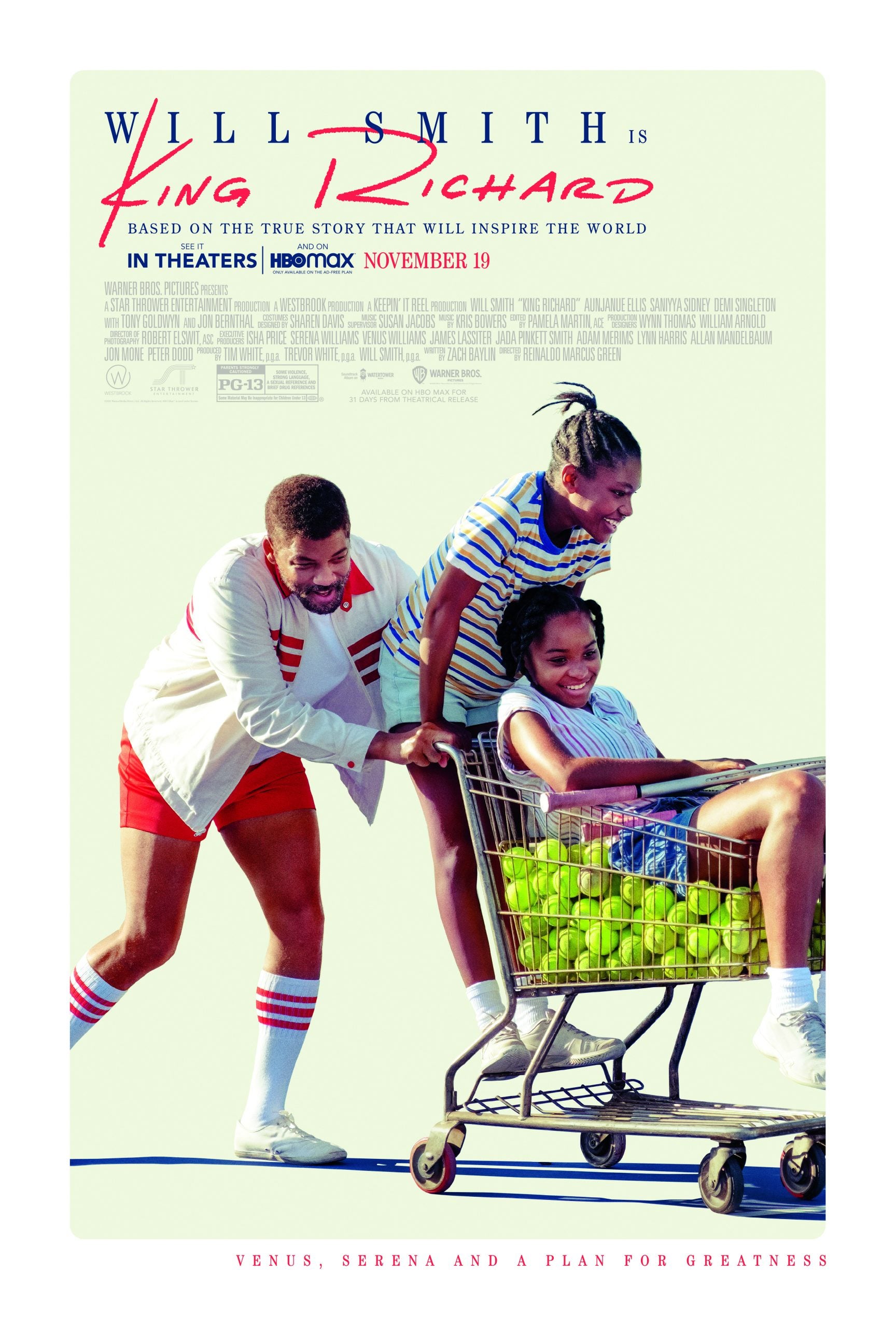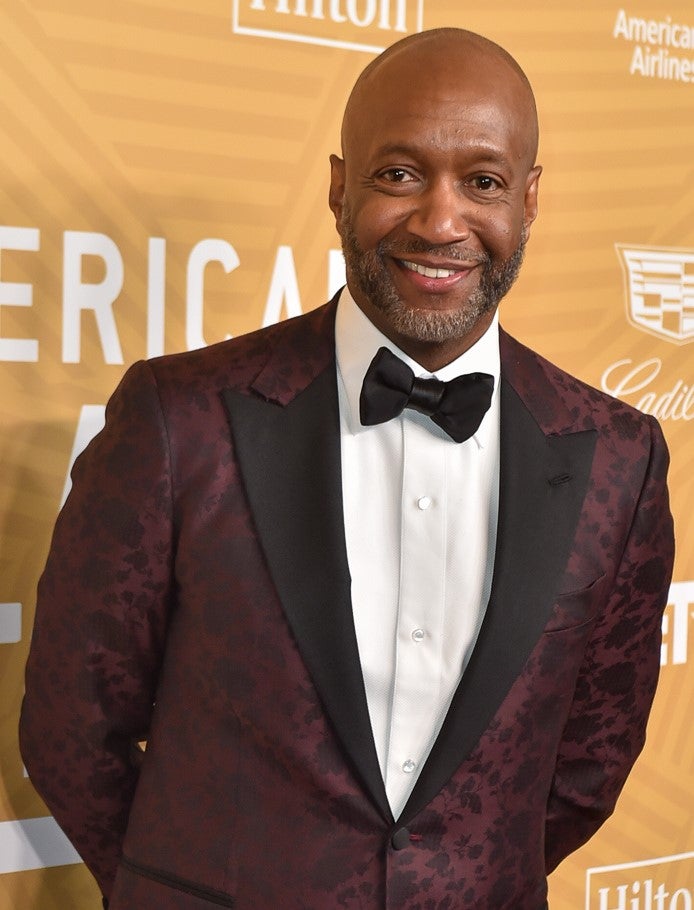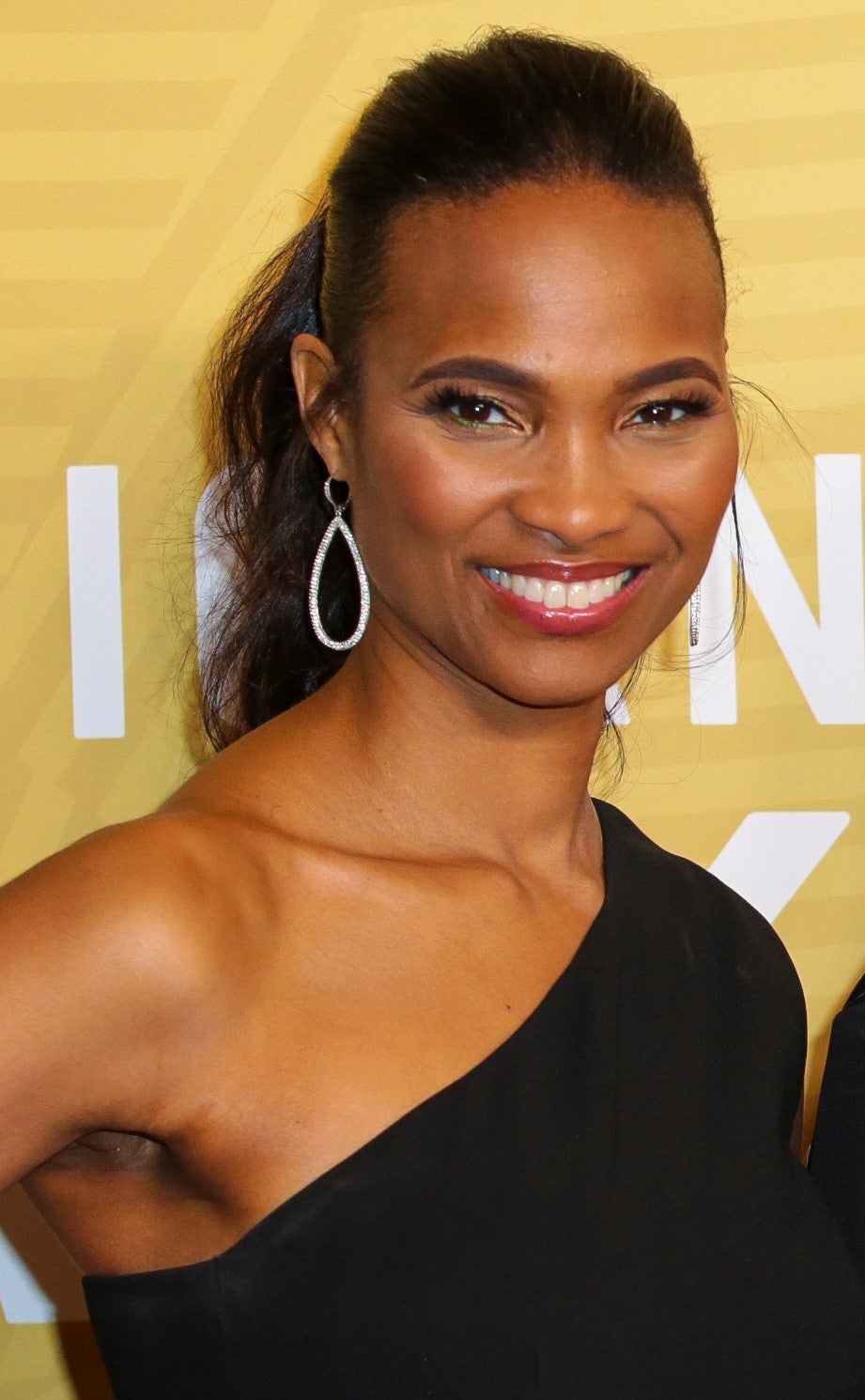
More than 100 years after the birth of cinema, Hollywood is finally making an effort to create projects that center narratives from the African Diaspora. American Black Film Festival (ABFF) Founder and CEO Jeff Friday and his business partner and wife, Nicole Friday, President & General Manager of ABFF Ventures LLC, decided to carve out a space specifically for Black talent more than two decades ago. In doing so, they ensured a legacy for Black cinema and established longevity without waiting on Hollywood. This year, ABFF will celebrate 25 years of recognizing and honoring the stories made for and created by us.
Though the American Black Film Festival is typically held in Miami Beach, it will be completely virtual and accessible to attendees across the globe this year. The festival will run on the streaming platform ABFF PLAY from November 3–28. Academy Award winner Halle Berry will return to the festival as the 2021 ambassador celebrating her directorial debut Bruised 25 years after winning the first ABFF Rising Star Award at the inaugural ABFF in 1997. Prolific producer Will Packer will act as the festival’s jury president and the opening night film is the Will Smith vehicle, King Richard.

Ahead of the festival’s launch, Nicole and Jeff Friday spoke with ESSENCE about the origins and impact of ABFF Ventures, the festival’s expansive reach, and why Hollywood is finally catching up with them.
“The festival started in 1997 after I went to a couple of mainstream film festivals,” Jeff explained. “I didn’t see a lot of representation of people of color. I said to myself, ‘Are those festivals really doing enough to invite people of color to tell their stories?’ Twenty-five years ago, the answer was absolutely no. Our American movie-going audiences have always been multicultural, and Black and brown people are often at the forefront of driving the business, so why isn’t the content representative of the culture? That was really why we started.”
Creating a safe space for films to be screened and critiqued was just the beginning for the Fridays. They also wanted to be sure that ABFF served as a platform for untapped Black talent. “I think that there’s always a plethora of talent that can be discovered,” Nicole said. “What’s been amazing is that we have been able to sustain this because there are so many people who have stories to tell and want to find a place where they can showcase that content.”

Since 1997, the Fridays have expanded ABFF Ventures to include ABFF Honors, the ABFF Comedy Festival, and the ABFF London Film Festival. In the beginning, the power couple was just a pair of twenty-somethings looking to make a difference. “When you see something that you don’t like, you could do one of two things: either you complain about it or try to change it,” Jeff reflected. “That trip to Sundance was in January of 1997, and we did the first ABFF in June of that same year. None of us had done this before. I remember when we honored Halle. She was one of the first people that said yes to come. And people like Robert Townsend and Bill Duke and John Singleton were there and Morgan Freeman. So we just had this incredible support.”
The festival would move forward to celebrate talents like Ryan Coogler, Issa Rae, and Omari Hardwick years before they became household names. Still, it is not just about the talent in front of the screen. ABFF’s Content Pipeline Initiatives have been imperative. “We have to be in the place where we can make decisions,” Nicole explained. “When you have people like Will Packer and Ryan Coogler, though they are content creators, they have a huge influence on what we see and a responsibility in what they produce. “It’s always important to have a seat in the writer’s room, a seat at the table because we want to be able to tell our own narratives. We don’t want someone else who doesn’t know our sensibilities telling our stories.”
Having a safe space for constructive criticism and positive feedback is also crucial to the Fridays. “We’ve been in places where someone might have shown their first film, and we didn’t say we loved it,” Jeff revealed. “But we love you. We want you to be successful. And that’s been the model.”
Upliftment and recognition is the standard for The ABFF Honors, which began in 2016. “I like to think that being honored by your people is as important, if not more important, than being honored by the [mainstream],” Jeff said. “I always talk about validation, and it’s really important.”

This year, ABFF is bigger than it’s ever been. “Of course, we’ve missed being in Miami for the last couple of years, but with it being virtual, the festival has actually grown,” Nicole explained. “We reach way more people. Last year we had over 50,000 people on our platform. Ninety different countries attended the festival virtually. This year, we have over a hundred independent films and 30 or so panels, The thing that we’re missing most about Miami is its community, but we are not able to showcase as much content as we would be able to, but it’s a labor of love.”
Though they are always looking toward the future, the Howard University alumni have already secured ABFF’s legacy. “We have a collection of archives from the ABFF in the National Museum of African American History and Culture. So we’re already on our way,” Jeff revealed. When Nicole reflects on 25 years of ABFF, she always recalls something that Ava DuVernay said at the 2018 ABFF Honors. “She said, ‘This is the place. This is the place where, when no one else would say yes to you, ABFF did,’” Nicole recalled. “‘This is the place that gave you an opportunity. This is the community that you want to be around.’ I would want that to be our legacy — that we contributed, and we changed the landscape of Hollywood and added some much-needed diversity to what we see on television and what we see on the big screen.”
The American Black Film Festival festival will be held November 3 – 28 on ABFF Play.